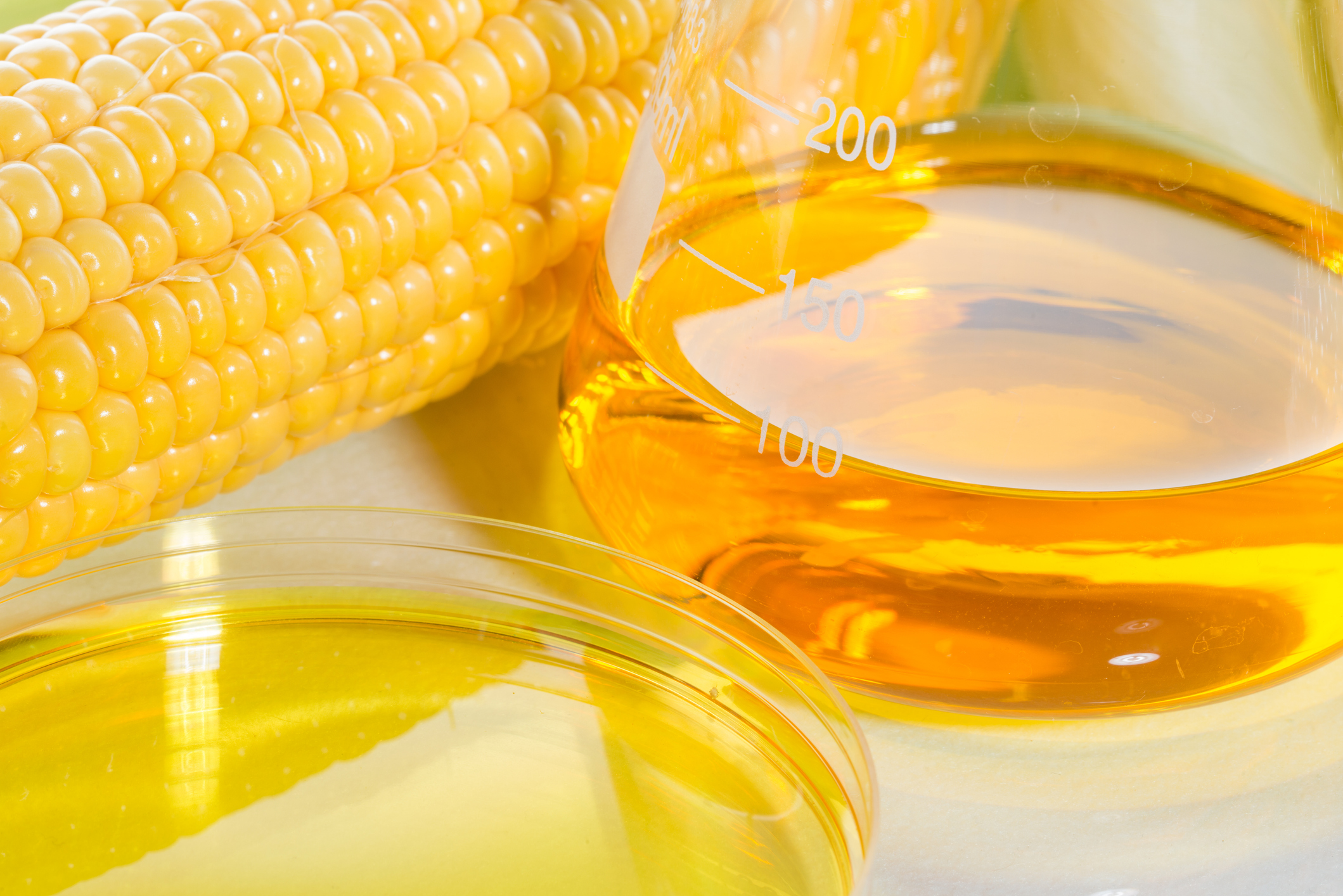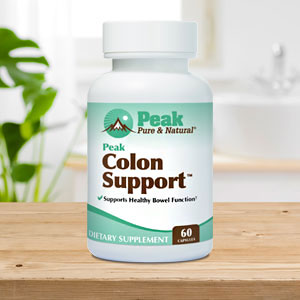Get Easy Health Digest™ in your inbox and don’t miss a thing when you subscribe today. Plus, get the free bonus report, Mother Nature’s Tips, Tricks and Remedies for Cholesterol, Blood Pressure & Blood Sugar as my way of saying welcome to the community!
How to keep fructose from setting off a chain reaction that leads to liver disease

Eating a lot of sugar and refined grains (which your body turns into sugar) is hard on your liver. In fact, it’s associated with a condition called non-alcoholic fatty liver disease (NAFLD), a type of liver disease that occurs in people who drink little to no alcohol. But one type of sugar seems particularly harmful where your liver is concerned — fructose.
Research shows that fructose triggers the accumulation of fat in the liver… and even the ancient Egyptians knew it. They used to feed ducks and geese dried fruit (which contains fructose) to make their version of foie gras (fattened duck or goose liver).
Of course, nowadays fructose from fruit is less of a problem than all the added fructose we get in our diets. Americans have been eating a ton of fructose since the 1970s when high fructose corn syrup (HFCS) started popping up in everything from cereals to soft drinks to ketchup to crackers.
And new research shows that this excessive dose of dietary fructose could be triggering a chain of events that leads to non-alcoholic fatty liver disease, which can then lead to liver damage, liver cancer or even liver failure.
Fructose fuels leaky gut and liver fat
A recent study from researchers at the University of California San Diego School of Medicine shows that fructose may cause leaky gut, which triggers non-alcoholic fatty liver disease.
In the study, researchers fed mice an excessive amount of fructose to see what effect it had on their livers. The mice received an amount of fructose that was equivalent to the 95th percentile of relative fructose intake by American adolescents, who get up to 21.5 percent of their daily calories from fructose.
They found that this excessive fructose consumption caused the gut barrier — which prevents bacteria and other microbes from escaping into the blood — to deteriorate. When this barrier is compromised, those microbes escape and trigger a chronic inflammatory condition called endotoxemia. Endotoxemia has been found in animals and children with NAFLD in previous studies.
When the microbes from the gut (also known as endotoxins) reach the liver, they triggered the creation of more inflammatory cytokines in the liver. They also caused the liver to turn fructose and glucose into fatty acid deposits.
So, in other words, researchers believe fructose’s impact on the gut barrier is the main reason it fuels NAFLD. If it didn’t compromise the gut lining, it wouldn’t trigger those extra fat deposits that eventually turn in to fatty liver disease.
“It is very clear that fructose does its dirty work in the intestine,” said senior study author Michael Karin, Ph.D., Distinguished Professor of Pharmacology and Pathology at UC San Diego School of Medicine. “and if intestinal barrier deterioration is prevented, the fructose does little harm to the liver.”
Eliminate added fructose and get your gut barrier in shape
According to past research, fructose increases liver fat two to three times more than glucose does. So even though limiting all sweets is a good idea, if you want to prevent non-alcoholic fatty liver disease, focusing on fructose is a great first step.
Like I said earlier, you probably don’t have to worry about the fructose found in fruit. As long as you’re not consuming a ton of fructose in processed foods, the fructose in fruit shouldn’t trigger any liver problems. Plus, fruit is filled with antioxidants, fiber and nutrients that support overall health.
So, start making a serious effort to avoid high fructose corn syrup and other forms of added fructose in the foods you buy. Based on this study, you’ll also want to take action to support a healthy intestinal barrier too.
One of the best ways to do that is to eat more fiber. One study found that eating more fiber strengthened the gut barrier by 50 percent. You may also want to try a spore-based probiotic. Research shows that it can reduce the number of toxins seeping into the blood from the gut by 42 percent.
Editor’s note: Regain your health and enjoy a full, vibrant life by defeating the real culprits of premature aging and sickness — excessive, damaging acid in your body! The truth is when you’re alkaline, wellness thrives and sickness takes a dive. Click here to discover The Alkaline Secret to Ultimate Vitality!
Sources:
Excessive fructose consumption may cause a leaky gut, leading to fatty liver disease — EurekAlert!
Fructose and Sugar: A Major Mediator of Nonalcoholic Fatty Liver Disease — Journal of Hepatology.














